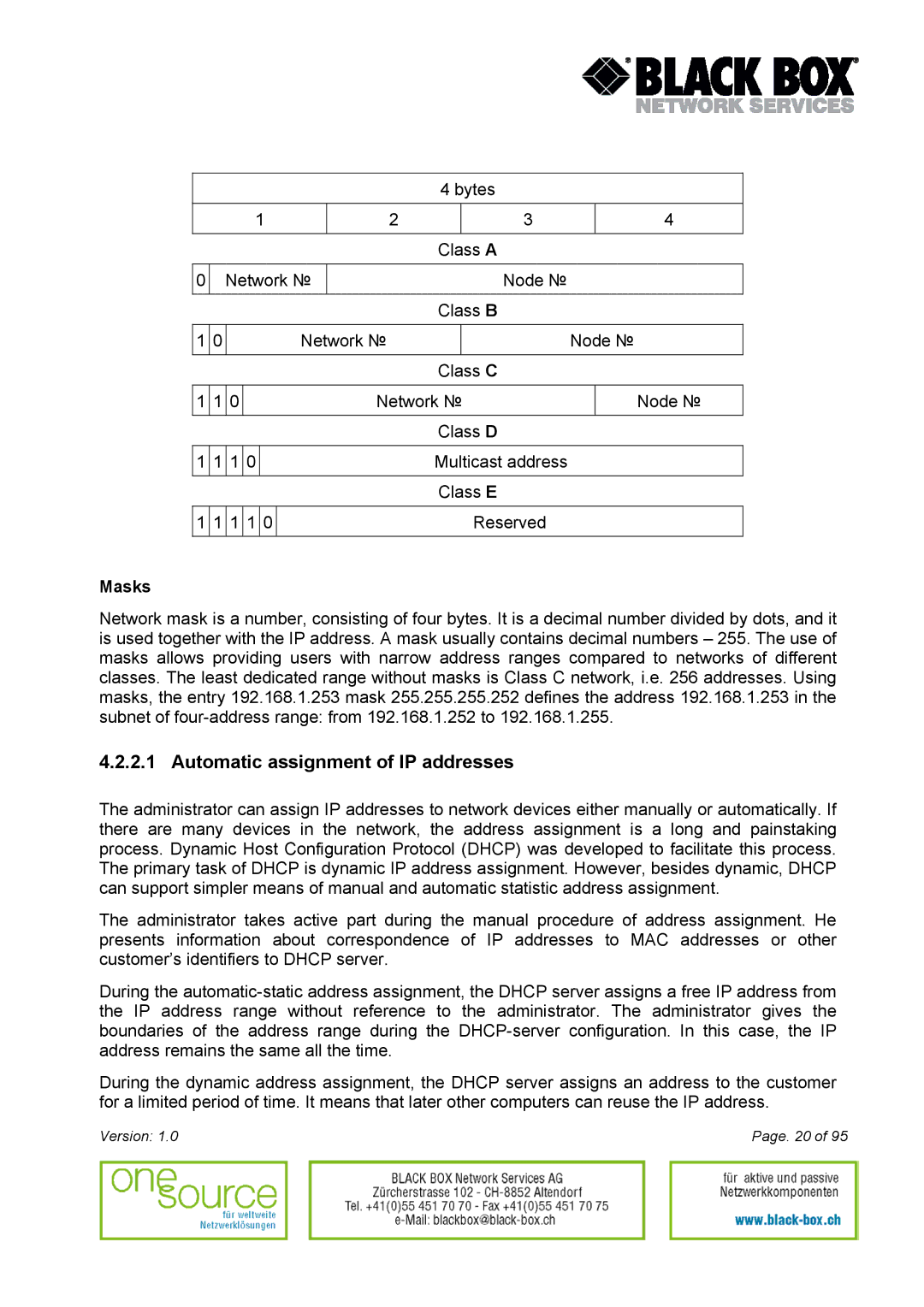Version 1.0 specifications
Black Box Version 1.0 represents a significant advancement in the realm of data analytics and artificial intelligence. Designed to streamline processes and enhance decision-making, this platform leverages cutting-edge technologies to deliver insightful solutions across various industries.One of the main features of Black Box Version 1.0 is its robust data processing capabilities. The platform employs a combination of machine learning algorithms and advanced statistical methods to analyze vast amounts of data in real-time. This allows organizations to gain actionable insights quickly, empowering them to make informed decisions based on accurate information.
Another standout characteristic of Black Box Version 1.0 is its user-friendly interface. The platform is designed to cater to both technical and non-technical users, ensuring that everyone can navigate its functionalities with ease. This accessibility encourages broader adoption within organizations, facilitating a data-driven culture.
The technology stack powering Black Box Version 1.0 is another highlight. It utilizes cloud computing, enabling scalability and flexibility in data storage and processing. By harnessing the power of the cloud, organizations can scale their operations seamlessly, accommodating growth without the burden of extensive infrastructure investment.
Furthermore, Black Box Version 1.0 incorporates natural language processing (NLP) tools, allowing users to interact with the platform using conversational language. This feature enhances the user experience by simplifying data queries, making it easier for users to extract relevant insights without needing to understand complex coding or database structures.
Integration capabilities are also a core feature of Black Box Version 1.0. The platform is designed to easily connect with various existing systems, including CRMs, ERPs, and other data sources. This interoperability facilitates a unified approach to data management, helping organizations to eliminate data silos and maximize the value of their data.
Finally, Black Box Version 1.0 prioritizes data security and compliance. With increasing regulatory scrutiny, the platform adheres to stringent data protection standards, ensuring that sensitive information remains secure while enabling organizations to focus on their core business strategies.
In summary, Black Box Version 1.0 is a comprehensive platform that combines advanced data analytics, machine learning, and user-centric design. Its main features, such as real-time data processing, user-friendly interfaces, powerful cloud architectures, integration abilities, and strong security measures, make it a vital tool for organizations looking to harness the power of their data and drive informed decisions.

